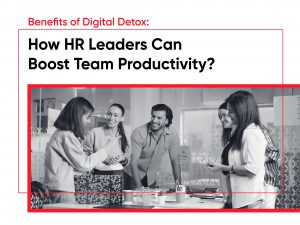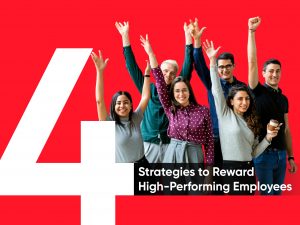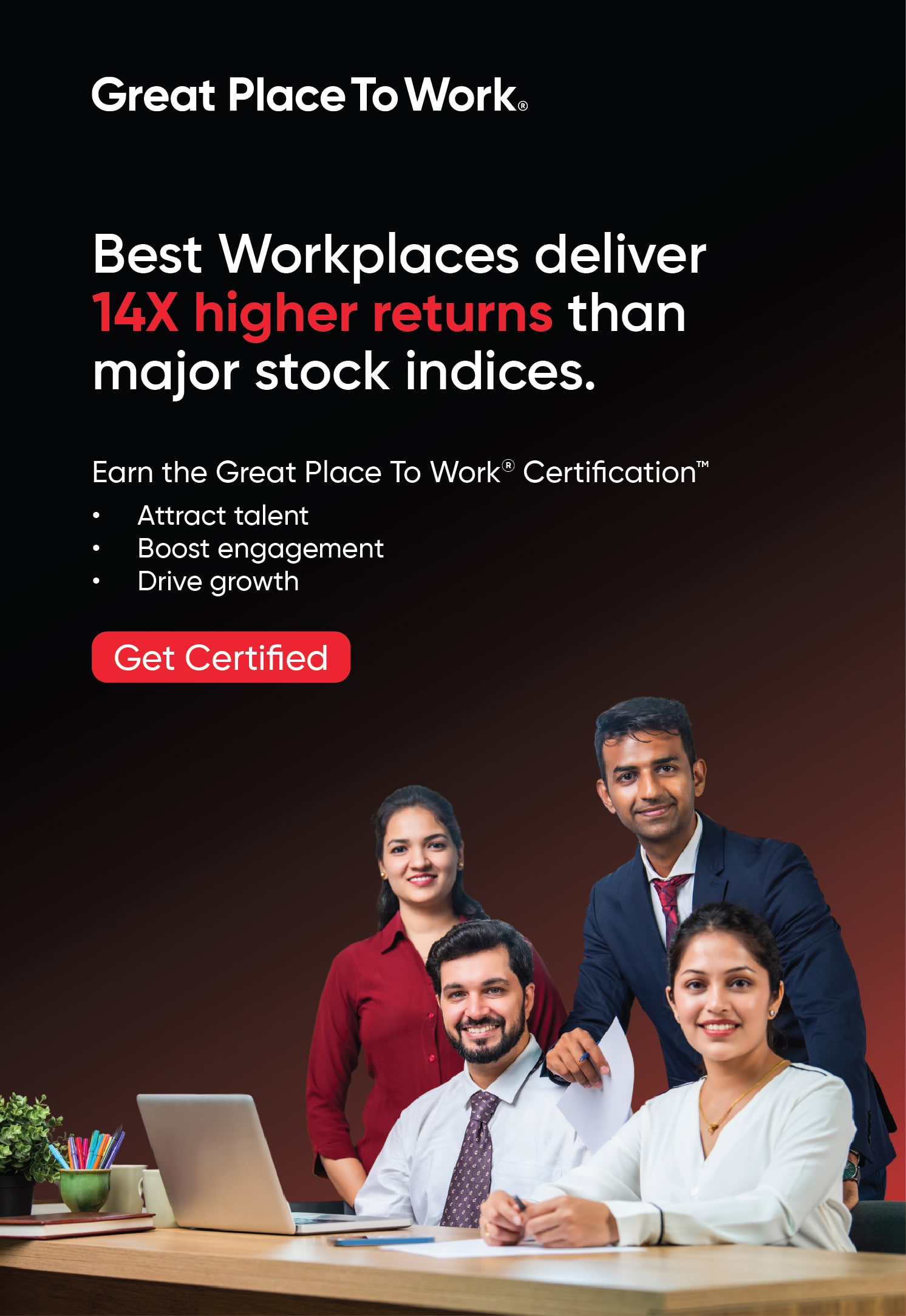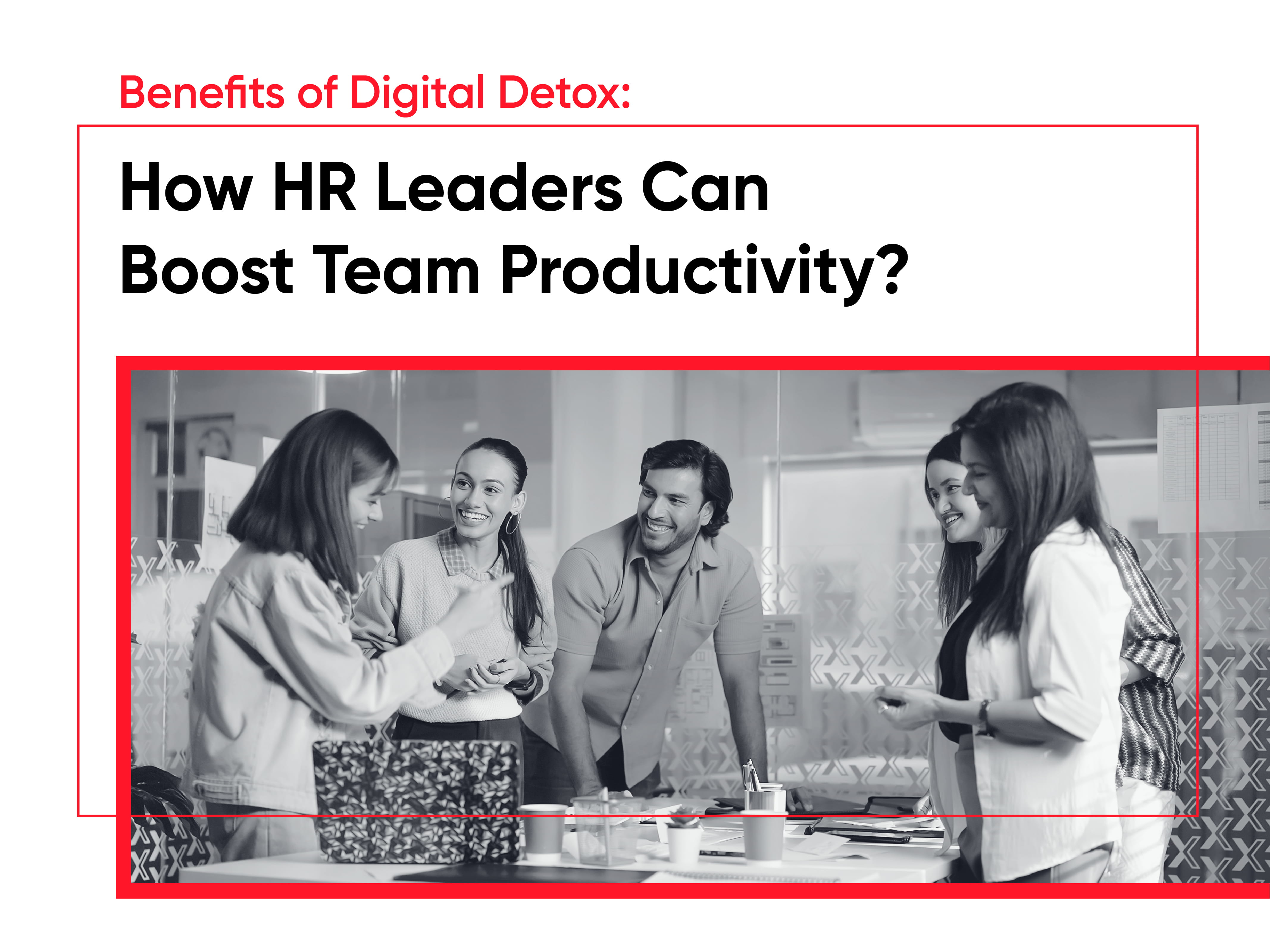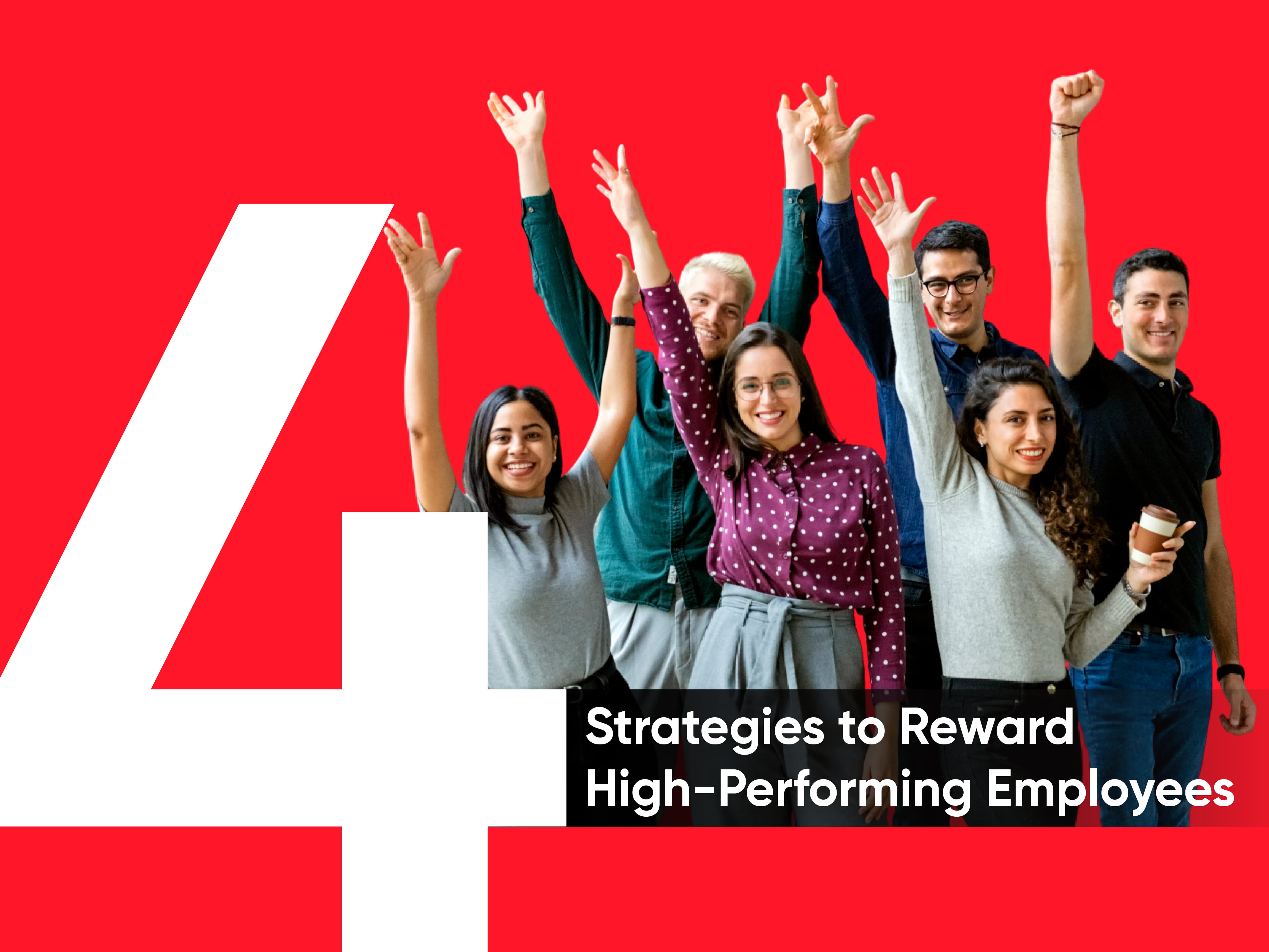Reading Time: 5 minutes
In today’s flexible work landscape, managers face unique challenges as they juggle both in-person and remote teams. For many leaders, hybrid work isn’t just about providing employees with flexibility—it requires a new approach to leadership that promotes fairness, engagement, and community in a digitally dispersed environment.
Insights from India’s Best Companies To Work For 2024 reveal strategies and data-driven approaches used by top companies to support managers in creating inclusive, high-trust cultures. Here’s how companies are setting their managers up for success in the hybrid era.
Fostering Fairness and Equity
Fairness in the workplace culture is essential to building trust, especially in a hybrid model where some employees are on-site while others work remotely. According to the report, 81% of employees in India’s best workplaces feel they are treated fairly, a testament to these organizations’ commitment to equality. However, managers must be intentional to prevent remote employees from feeling overlooked in meetings, promotions, or project allocations.
The report also highlights challenges with pay parity, where women employees report lower experiences of fairness compared to male counterparts. This suggests that promoting fairness in hybrid teams is a top priority not just for organizational ethics but also for improving engagement and retention across demographics.

Actionable Steps for Managers
- Establish clear guidelines for team participation, ensuring remote workers have equal access to resources and opportunities.
- Provide regular feedback to both in-person and remote employees to maintain transparency and trust.
- Train managers to recognize and counteract unconscious biases that may disadvantage remote workers.
Customizing Team Policies and Guardrails
Successful workplaces often empower managers to customize policies that best fit their teams. According to the report, India’s top companies use a tailored approach, enabling leaders to set up unique work norms that align with team and project needs.
Actionable Steps for Managers
- Define tasks that require face-to-face interaction versus those that can be completed remotely.
- Involve team members in crafting hybrid schedules, enhancing ownership and buy-in.
- Hold regular team check-ins to assess whether policies are effective, making adjustments as needed.
Equipping Managers with Continuous Learning
For managers, adapting to a remote or hybrid model is a learning curve. The report emphasizes the value of continuous training programs that help leaders refine skills in areas such as virtual communication, digital collaboration, and employee well-being. When managers receive tailored support, they are better positioned to address team needs in a flexible environment.
Actionable Steps for Managers
- Invest in workshops focused on managing hybrid teams, addressing the psychological impacts of remote work.
- Encourage managers to attend peer forums where they can share experiences and gain insights from others facing similar challenges.
- Provide self-paced resources that managers can access as needed to refine skills in real-time.
Listening and Responding to Employee Feedback
For companies aiming to create an engaged workforce, employee feedback is critical. According to India’s Best Companies To Work For 2024, 86% of employees in leading companies feel heard and valued through initiatives that measure workplace satisfaction. Surveys are particularly valuable for remote work settings, where assessing employee sentiment can be more challenging.
The feedback loop not only shows that leaders are listening but also highlights gaps that managers may need to address. Orient Cement, for example, has adopted a continuous feedback cycle where inputs from employees are reviewed weekly, and decisions are made promptly to foster transparency.
Actionable Steps for Managers
- Conduct regular pulse surveys to gauge how employees are feeling about hybrid work policies.
- Hold focus groups with both remote and in-person employees to gather specific feedback and concerns.
- Use the feedback to inform new initiatives, ensuring employees see tangible outcomes from their input.
Creating a Sense of Community and Connection
One major drawback of remote work is the challenge of maintaining team camaraderie. The report points to camaraderie as one of the strongest dimensions of workplace culture, with 83% of employees in best workplaces saying they feel part of a supportive community. When left unchecked, the silo effect can fragment teams, leaving employees feeling isolated.

Actionable Steps for Managers
- Schedule informal virtual hangouts, encouraging remote workers to engage socially.
- Use collaboration tools like Slack channels or Microsoft Teams to keep communication open and inclusive.
- Plan regular off-site events, allowing teams to bond and strengthen relationships beyond work.
Measuring Success Through Engagement and Retention
Ultimately, success in hybrid work models can be measured by how engaged employees feel and their willingness to stay. The report notes that motivated employees in high-trust workplaces show improved collaboration and discretionary effort, leading to better overall performance. Data from India’s Best Companies To Work For 2024 show that 91% of Gen Z employees in these organizations view their company as a great place to work, underscoring the direct impact of culture on retention.

Tracking metrics such as turnover rates, employee engagement scores, and feedback results can help companies understand the effectiveness of hybrid policies. This continuous improvement process ensures that hybrid models not only serve business needs but also resonate with employees.
Actionable Steps for Managers
- Regularly review retention data and engagement scores to identify trends and adjust policies as needed.
- Implement a feedback loop to continuously improve hybrid work experiences based on employee input.
- Celebrate team successes and recognize individual contributions to reinforce positive outcomes.
Navigating hybrid work requires more than just remote tools and flexible hours. It demands a structured approach that ensures all employees feel valued, engaged, and connected. By focusing on fairness, setting clear policies, fostering community, offering ongoing learning, and actively listening to employees, companies can empower managers to create high-trust cultures in the remote age.
Get Certified to Showcase Your Commitment
Achieving Great Place To Work® Certification™ is an excellent way to demonstrate your organization’s commitment to employees’ overall well-being and experience. This Certification not only enhances your employer branding but also helps attract and retain top talent. It highlights to current and prospective employees that your organization values their overall well-being, fostering an environment where they feel appreciated and supported.
By implementing a culture of trust, respect, and collaboration, you can create a workplace where employees feel valued and connected. Certification also provides a benchmark for continuous improvement, helping you identify areas where you can further enhance employee well-being and overall workplace culture.


